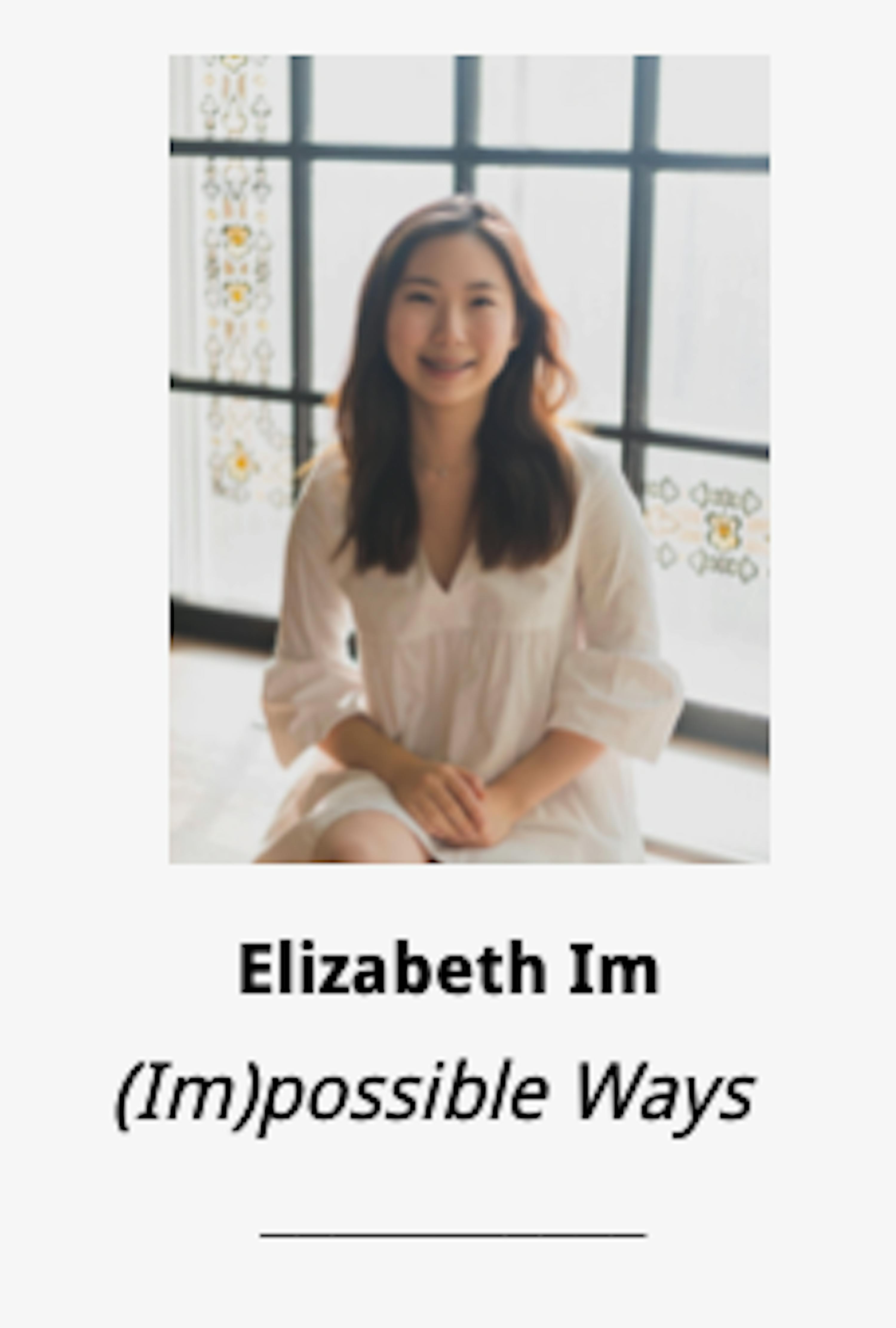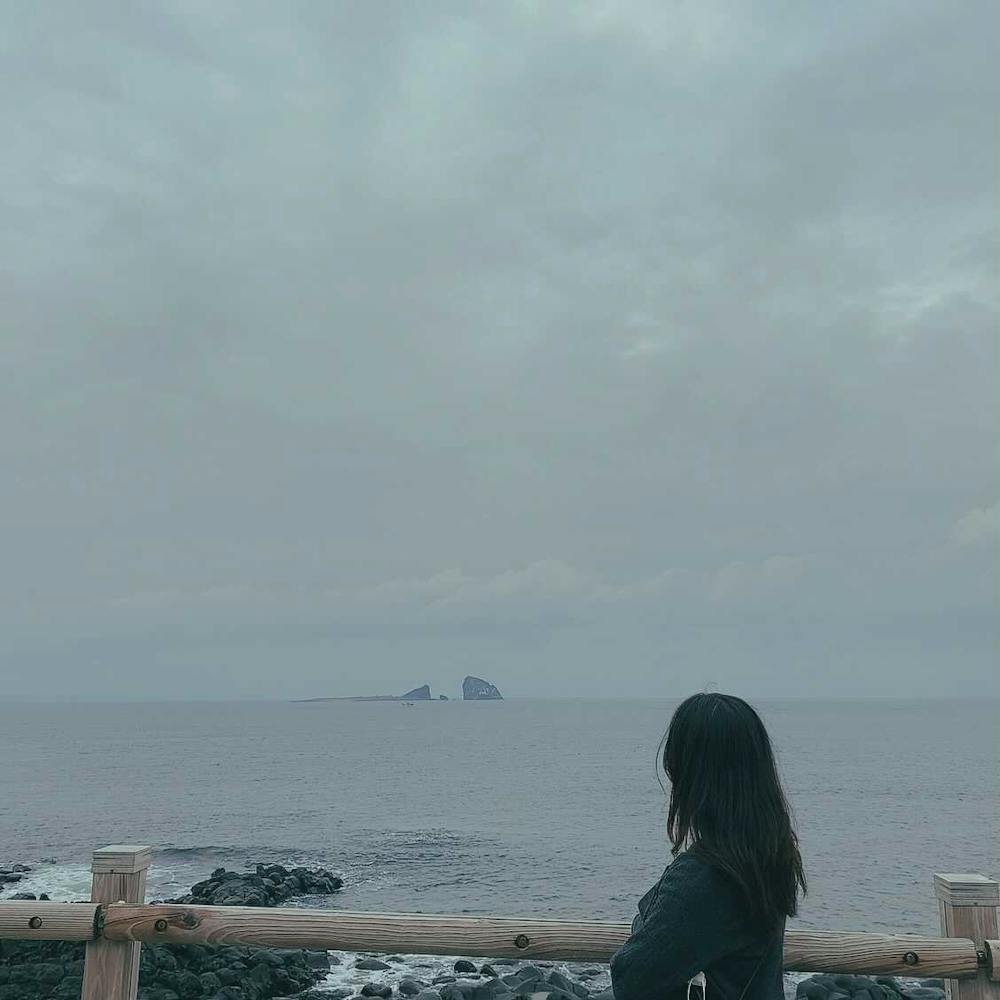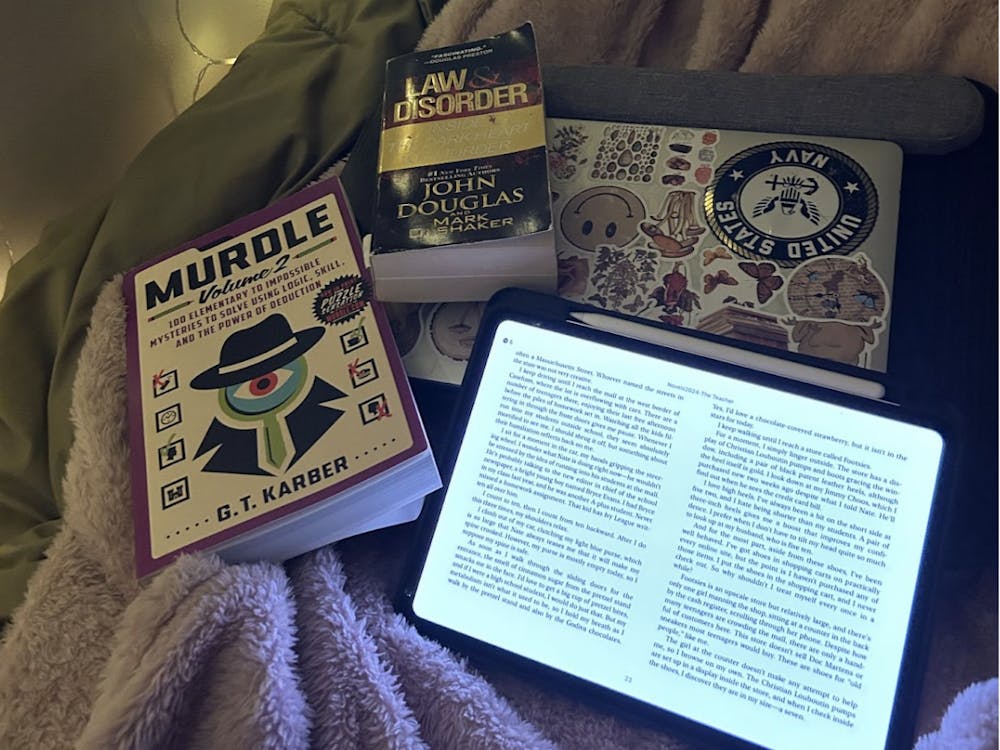
I woke up from my dream. My alarm mercilessly rang in the gray atmosphere. Even without looking at the window I knew today was a rainy day.
Still in bed, I thought about the dream. A gun was pointed at me, but I woke up before I died. I felt the intense fear and remembered the thoughts moments before I woke up: Will I die instantly? Will the shock numb the pain? Will I feel the bullet going through my head?
At some point in high school, when school shootings seemed to happen every other week, I also thought about these questions. About how I will hide and run and survive or not survive.
I survived high school, but I realized last week, reading the New York Times article (“8 people killed in Atlanta-area massage parlor shootings”) that the shooter was 21, the same age as me. The shooters are still out there. Graduating from high school didn’t mean safety. Shooters now haunt our lives beyond the walls of schools.
Or more precisely, in this case, the shooter is haunting the Asian Pacific Islander Desi American (APIDA) community. However, this event wasn’t the starting point of hate crimes against the APIDA community. It was the event that finally caught people’s attention.
Last year, I studied abroad in Sweden, and during one of my short breaks I visited my friend Carla in Germany. When I told her I was going to go to Italy with some friends from my study abroad program, Carla was scared for me. I asked why, but I knew why. I felt it in my skin. The tension in the air.
COVID-19 had just begun, and Italy was hit with it the worst in all of Europe. No, she wasn’t afraid for me because I would get COVID-19. She was afraid I would face hate crimes and racism in Italy without her, a white European friend, who could perhaps try to shield me. I pretended to be okay with it. I said it was fine.
I didn’t end up going to Italy because my study abroad program was canceled on March 12, and I had to fly back home. The racial tension I felt didn’t end, however. It traveled with me to the States, to my room in Baltimore, to this morning. I felt self-conscious because shooters don’t care what country I am from or what culture I am from. I look Asian, and that’s enough for them to target me, to make me the punching bag of their misery that I didn’t cause.
I couldn’t focus on my exams, but I sat through them. I couldn’t focus on my class, but I sat through them. Some people can’t connect the dots; this shooting was only the igniting point. There have been thousands of other murders — of our mothers, aunts, fathers, grandparents — before this, and more will come if we don’t see what’s going on right now.
My friend, one of my best friends, a white friend, asked me, “How does this impact you?”
How does one begin to answer this question? How do I answer a question that started long before I existed?
For one, I don’t want to set her apart as my white friend, blue friend, red friend, as if we were a rainbow. I don’t want to have to specify our race in our friendship. I don’t want to think about and try to justify why my two best friends who are white did not reach out to me while friends of color did when they heard about the shooting.
I don’t want this division I feel between my experience and my best friends who I love like my sisters, having literally grown up together in a small boarding school in rural Pennsylvania, where we saw each other from morning till we fell asleep.
How did it affect me? Do I feel scared when I walk out into the streets? I don’t know.
I don’t know how to answer these questions. Yes. No. Maybe. It does affect me, of course. I do feel scared, but did this start with the Atlanta shooting? No.
Elizabeth Im is a junior from Seoul, Korea studying Cognitive Science and a Photography Editor for The News-Letter. Her column, (Im)possible Ways, hopes to present new perspectives in life to its readers. She reflects on ideas that are sometimes deemed impractical or even impossible and argues how they may be the very thing we need today.





